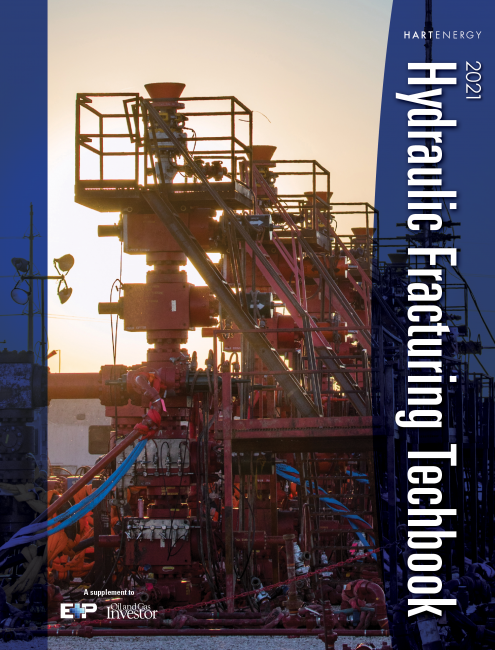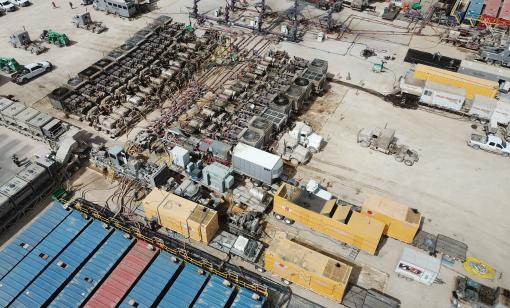
2021 Hydraulic Fracturing Techbook
Techbook
Ships in 1-2 business days
Download
Celebrating the 10th anniversary of the Hydraulic Fracturing Techbook!
The 2021 Hydraulic Fracturing Techbook is the 21st in a series of techbooks in which Hart Energy provides comprehensive coverage of effective and emerging technologies in the oil and gas industry. Each techbook includes a market overview, a sample of key technology providers, case studies of field applications and exclusive analysis of industry trends relative to specific technologies. To learn more about E&P technology trends, visit HartEnergy.com/EP.
In this edition, readers can delve into a
- Market overview by Rystad Energy;
- Producer roundtable with Devon, Pioneer, Chevron and ConocoPhillips;
- Pressure pumping roundtable with NOV, Halliburton and ProPetro;
- Fracture-driven interactions;
- ESG technology;
- Water management;
- Tech trends (the latest innovations from more than a dozen service companies); and
- Improving operational efficiencies (academia and industry embracing nuance in fracturing).
Academia and Industry Embrace Nuance in Fracturing
Improving operational efficiencies in hydraulic fracturing by moving to subtle understanding of fissures and proppant.
Are ESG-driven Green Technologies the Future of Fracking?
As ESG gains momentum, the pressure for sustainable production is pushing upstream companies to adopt new technologies for cleaner fracturing operations.
Hydraulic Fracturing Pressure Pumping Roundtable: Powering Through
Pressure pumpers that survived a rough 2020 are in recovery mode, some say, as conditions improve with a continued efficiency drive toward a lower carbon world.
Hydraulic Fracturing: Catching up on FDIs
The industry continues its work on identifying and understanding fracture-driven interactions.
Shale Producers Talk Development Plans, ESG and Completion Designs
Leaders from Devon, Pioneer, Chevron and ConocoPhillips discuss the latest in unconventional development and how recent acquisitions have enabled greater efficiencies.





